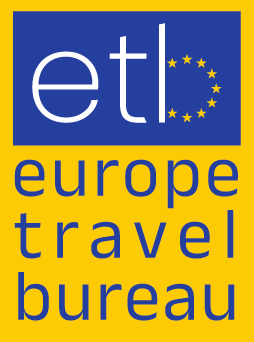Belgium, country of northwestern Europe. It is one of the smallest and most densely populated European countries, and it has been, since its independence in 1830, a representative democracy headed by a hereditary constitutional monarch. Initially, Belgium had a unitary form of government. In the 1980s and ’90s, however, steps were taken to turn Belgium into a federal state with powers shared among the regions of Flanders, Wallonia, and the Brussels-Capital Region.
Culturally, Belgium is a heterogeneous country straddling the border between the Romance and Germanic language families of western Europe. With the exception of a small German-speaking population in the eastern part of the country, Belgium is divided between a French-speaking people, collectively called Walloons (approximately one-third of the total population), who are concentrated in the five southern provinces (Hainaut, Namur, Liège, Walloon Brabant, and Luxembourg), and Flemings, a Flemish- (Dutch-) speaking people (more than one-half of the total population), who are concentrated in the five northern and northeastern provinces (West Flanders, East Flanders [West-Vlaanderen, Oost-Vlaanderen], Flemish Brabant, Antwerp, and Limburg). Just north of the boundary between Walloon Brabant (Brabant Walloon) and Flemish (Vlaams) Brabant lies the officially bilingual but majority French-speaking Brussels-Capital Region, with approximately one-tenth of the total population. (See also Fleming and Walloon.)
